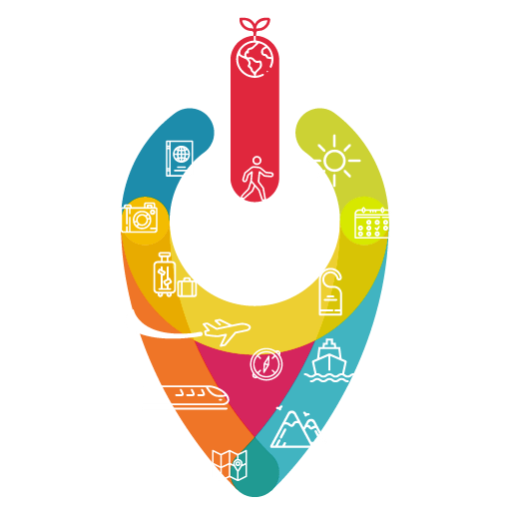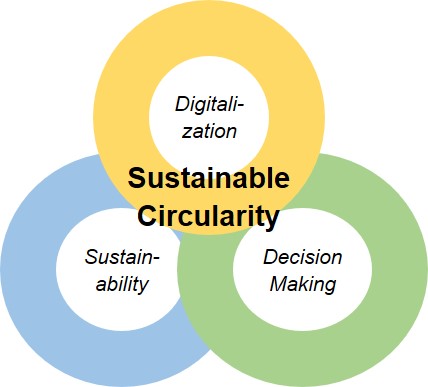The RESETTING Project main objective, facilitating a transition towards a more resilient, circular, and sustainable operating model for European tourism companies, will be achieved not only by the work sustained by the main partners, but even with the aid of external services providers: professionals experts in their specific field of work, that will add their expertise to the one of the RESETTING partners, so that the small and medium enterprises operating in the tourism sector that decide to apply for the open call and collaborate with RESETTING will be able to receive specific, up-to date and state of the art training and services.
Considering how, while operating in the same touristic sector, every enterprise could need aid in different fields, the RESETTING project decided to involve professionals and experts coming from many different fields of work, from marketing to cybersecurity, from process automatization to digital transformation and decarbonization.
Specifically, eight fields of expertise are being covered by RESETTING service providers:
- Circularity: digital transformation, decarbonization, best practices
- Cybersecurity, systems connectivity, cloud and infrastructures
- Process automatization, sensorization and robotization
- Upskilling techniques (implementation of inner courses, e-learning platform)
- Communication (SEO, SEM, WEB, social media)
- Apps and software (CRM, ERP, smart management, big data, data analysis, business intelligence, HR)
- E-commerce and market intelligence
- Innovation and emerging technologies (VR/AR, 360, blockchain)
Today we start by analysing the benefits and peculiarities of circularity!
Circularity: digital transformation, decarbonization, best practices
In the context of a circular business environment, digital transformation refers to the integration of digital technologies into various aspects of business and society. It involves leveraging technologies like the Internet of Things (IoT), artificial intelligence (AI), data analytics, and cloud computing to optimize processes, improve decision-making, and enhance customer experiences.
One of the keyways digital transformation contributes to circularity is through improved resource management. Digital technologies allow for better monitoring and tracking of resources throughout their lifecycle. For example, IoT sensors can be used to track and optimize energy consumption, water usage, and waste generation in real-time. Data analytics can provide insights on inefficiencies and areas for improvement, enabling companies to implement more sustainable practices and reduce waste.
Decarbonization, a self-explanatory practice, is the process of reducing or eliminating carbon dioxide emissions and other greenhouse gases from various sectors, including energy, transportation, industry, and agriculture. As a principle, Decarbonization is essential for mitigating climate change and achieving global sustainability goals. In the context of circularity and tourism structures and activities, decarbonization is closely linked to transitioning from fossil fuel-based systems to renewable energy sources and increasing energy efficiency.
Best practices for combining digital transformation, decarbonization, and circularity include:
- Collaborative innovation: Foster collaboration among stakeholders, including businesses, governments, and communities, to co-create solutions that integrate digital technologies, decarbonization strategies, and circular economy principles.
- Data-driven decision-making: Leverage data analytics and AI to gather and analyse data related to resource use, energy consumption, emissions, and circular economy metrics. This information can guide decision-making and identify opportunities for improvement.
- Lifecycle thinking: Adopt a holistic approach that considers the entire lifecycle of products and services, from design and production to use, recovery, and recycling. Incorporate circular design principles to optimize resource efficiency, durability, and recyclability.
- Digital platforms and sharing economy: Develop and support digital platforms that facilitate sharing, reuse, and resale of products and materials. Encourage the growth of the sharing economy, collaborative consumption, and peer-to-peer networks.
- Renewable energy adoption: Transition to renewable energy sources such as solar, wind, and hydropower to power digital infrastructure and reduce carbon emissions. Improve energy efficiency in data centres and other digital infrastructure.
- Policy and regulation: Governments should implement supportive policies and regulations that incentivize the adoption of digital technologies, decarbonization strategies, and circular economy practices. This can include providing funding, tax incentives, and setting emissions reduction targets.
By integrating digital transformation, decarbonization, and circularity, businesses and societies can create more resilient and sustainable systems that minimize waste, reduce environmental impacts, and promote economic prosperity.
Next week we will introduce the service providers affiliated with the RESETTING consortium, that can collaborate with your business, so keep in touch!

